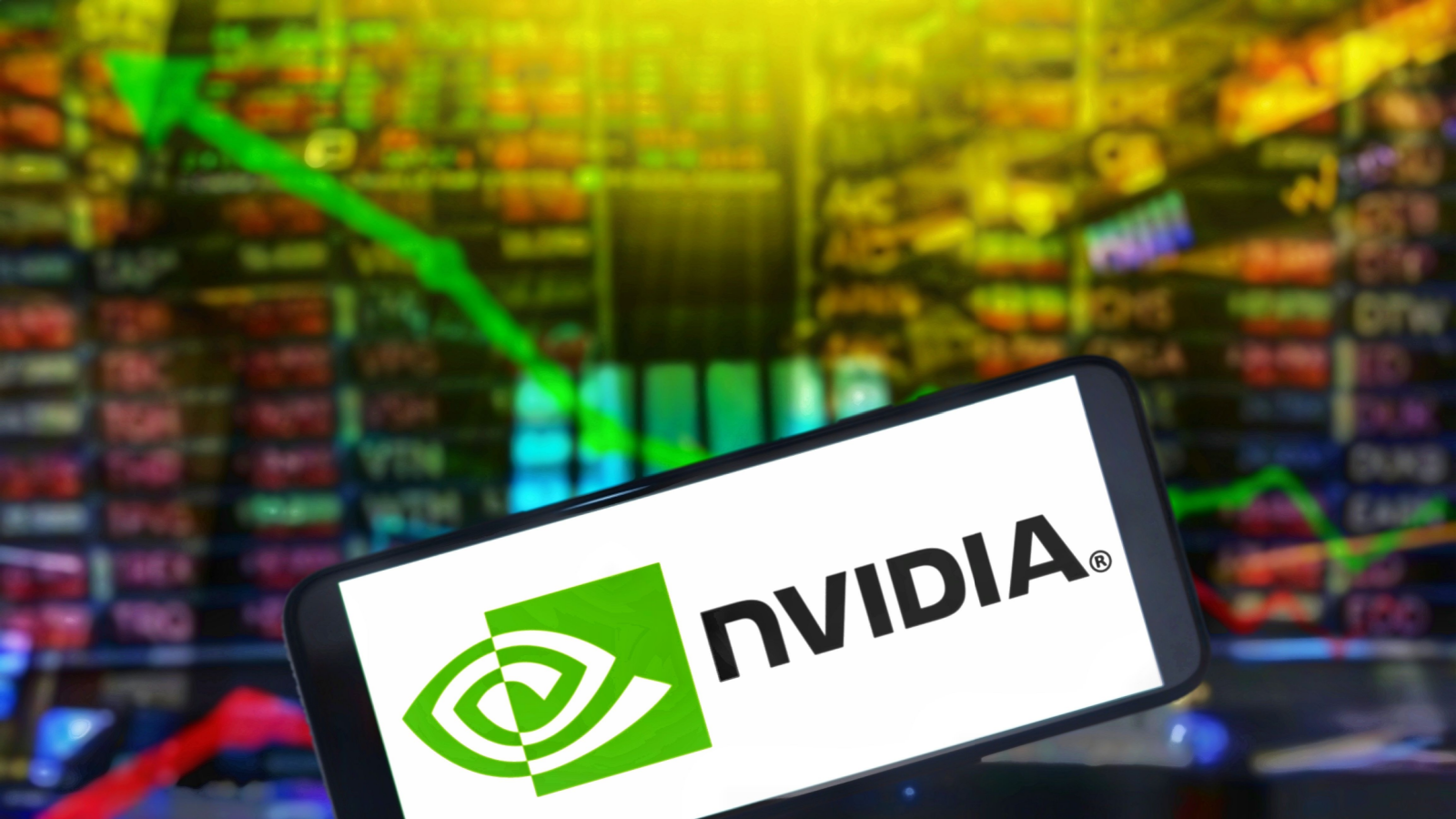
Nvidia (NASDAQ:NVDA) stock looks like a high-flier, but it is undervalued. Even as it trades for 40.3 times forward earnings, this valuation represents a discount compared to a fellow high-flier that has become a top AI play among semiconductor stocks. NVDA seems undervalued using an uncommon metric. The market has a legitimate reason to be conservative in valuing this company.
In recent months, Nvidia skeptics have cultivated considerable fear, uncertainty, and doubt about Nvidia’s future growth, particularly the impact of tense U.S.-China relations on future growth. But as I’ll explain below, there’s no reason for you to give into these fears, and pass up on what remains a top long-term growth stock.
NVDA Stock: A Value Play in More Ways Than One
There are two ways in which Nvidia is undervalued relative to other top growth stocks. First, while the stock is up 246.5% year-to-date, outperforming major competitor Advanced Micro Devices (NASDAQ:AMD), it’s AMD, not NVDA, that is the pricer stock.
This valuation gap has widened further, since I last mentioned it in a NVDA stock article earlier this month. AMD’s valuation premium persists, although not only does Nvidia have first-mover advantage in this space. Forecasts still call for similar levels of earnings growth for Nvidia (53.2%) and AMD (56.4%).
Related to this, is the second way in which Nvidia shares are cheap at current prices. Per a recent article in Barron’s, based on its price-to-earnings-to-growth (or PEG) ratio, NVDA is the lowest-priced “Magnificent Seven” stock.
Nvidia’s PEG ratio of 0.72 is considerably less than the respective PEG ratios of the other six “magnificent” big tech names in this category. It is also well below the average S&P 500 PEG ratio of around 2. Again, the market has its reasons for discounting this company’s future growth to such a severe degree, these reasons are not well-founded.
Deconstructing Erroneous Causes for Concern
Those bearish about NVDA stock has latched onto two factors that they believe point to less stellar times ahead for both the company and its shares. First, of course, is the so-called “China dilemma” with Nvidia. As you’ve likely heard, the U.S. Government has cracked down on AI chip exports to China.
Many view the imposition of new export restrictions as something that may have a major impact on Nvidia’s overall growth in the quarters ahead. However, as I discussed last week, the company has figured out two ways to mitigate this headwind.
First, Nvidia is “working on a workaround” with U.S. officials, in order to develop AI chips that it can still sell to Chinese end-users. Second, Nvidia is also expanding its presence across other fast-growing Asian economies, including Malaysia and Vietnam. Yes, it’s not just China that has some investors buying into the “FUD.”
For instance, a report from Edgewater Research arguing that there are “mixed datapoints” for AI GPU demand early next year has been making the rounds. However, take a closer look at the story. It’s clear that not even Edgewater is confident that these “mixed data points” signal a major slowdown ahead.
Bottom Line: Fade the FUD
FUD is definitely causing some frustration for Nvidia stock investors. While shares have moved higher this month, NVDA continues to encounter resistance at prices above $500 per share. Yet while doubts about Nvidia’s growth going forward are preventing a breakout, keep in mind that this works to your advantage.
If you currently own the stock, you can increase your position at what’s still a more-than-reasonable price. If you “missed out” on this AI winner’s initial breakout earlier this year, now’s the time to begin building a position.
Over the next few quarters, continued strong results from the company could propel the stock to considerably higher prices, irrespective of whether shares experience a re-rating to the upside, or if Nvidia merely maintains its current premium-but-not-exactly-pricey earnings multiple.
NVDA stock earns an A rating in Portfolio Grader.
On the date of publication, Louis Navellier had a long position in NVDA. Louis Navellier did not have (either directly or indirectly) any other positions in the securities mentioned in this article.
The InvestorPlace Research Staff member primarily responsible for this article did not hold (either directly or indirectly) any positions in the securities mentioned in this article.




